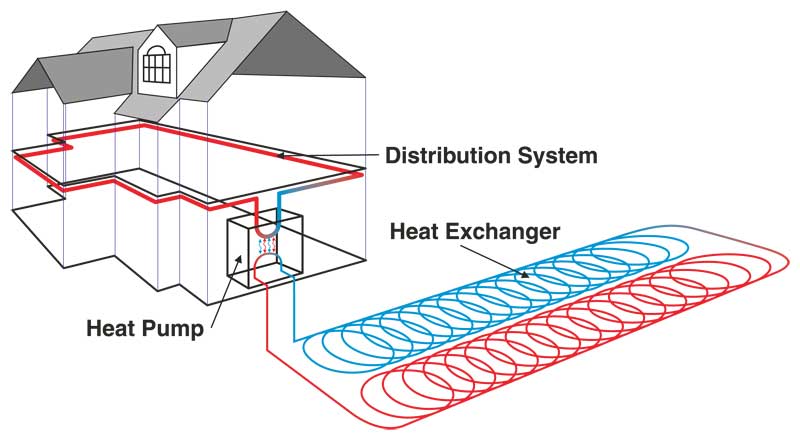
Optimal Comfort and Energy Savings with Efficient HVAC Solutions
Investing in efficient HVAC solutions is not just about climate control; it’s a strategic move towards achieving optimal comfort and significant energy savings. Explore the key components and benefits of adopting efficient HVAC solutions for your home.
The Importance of Energy-Efficient HVAC Systems
Energy-efficient HVAC systems are designed to provide the same level of comfort as traditional systems while consuming less energy. These systems use advanced technologies such as variable-speed motors, smart thermostats, and zoned heating and cooling to optimize performance, resulting in lower energy bills and reduced environmental impact.
Advanced Thermostats for Precise Control
One of the pillars of efficient HVAC solutions is the use of advanced thermostats. Smart and programmable thermostats allow precise control over temperature settings, enabling homeowners to customize their HVAC system’s operation based on their daily routines. This level of control not only enhances comfort but also contributes to energy savings by avoiding unnecessary heating or cooling.
Zoned Heating and Cooling for Targeted Comfort
Zoned HVAC systems divide a home into distinct zones, each with its thermostat and temperature controls. This approach allows for targeted heating or cooling in specific areas, preventing the need to condition the entire home uniformly. Zoned systems enhance comfort by addressing individual preferences while optimizing energy usage.
Variable-Speed Motors for Efficiency
Traditional HVAC systems often operate with fixed-speed motors that run at full capacity, leading to energy waste during periods of lower demand. Efficient HVAC solutions utilize variable-speed motors that adjust their speed based on the current heating or cooling requirements. This dynamic operation ensures optimal efficiency and energy usage.
High Seasonal Energy Efficiency Ratio (SEER) Ratings
SEER ratings measure the efficiency of air conditioners and heat pumps. Investing in HVAC systems with high SEER ratings ensures that your equipment operates efficiently, providing maximum cooling output for each unit of energy consumed. Higher SEER ratings contribute to energy savings over the system’s lifespan.
Regular Maintenance for Long-Term Efficiency
Efficient HVAC solutions require proactive maintenance to uphold their performance. Regular inspections, filter changes, and system cleanings ensure that the equipment operates at its peak efficiency. Routine maintenance not only prevents breakdowns but also extends the lifespan of your HVAC system, maximizing your investment.
Strategic Air Duct Design and Insulation
The efficiency of your HVAC system is closely tied to the design and insulation of its air ducts. Properly designed and insulated ductwork minimizes energy loss during the distribution of conditioned air. A well-maintained duct system ensures that the air reaches its destination without unnecessary heat gain or loss.
Investment in Energy Star-Certified Equipment
Energy Star certification is a mark of energy efficiency endorsed by the U.S. Environmental Protection Agency. Choosing Energy Star-certified HVAC equipment guarantees that your system meets or exceeds stringent energy efficiency standards. This certification translates into lower energy bills and a reduced carbon footprint.
Financial Incentives for Energy-Efficient Upgrades
Many regions offer financial incentives or rebates for homeowners who invest in energy-efficient HVAC solutions. These incentives aim to promote the adoption of environmentally friendly technologies and ease the financial burden associated with upgrading HVAC systems. Check with local utility providers or government programs to explore available incentives.
For more insights and information on adopting efficient HVAC solutions, visit Efficient HVAC Solutions.
In conclusion, embracing efficient HVAC solutions is a strategic choice that brings optimal comfort and significant energy savings. From advanced thermostats to zoned heating, investing in technologies that prioritize energy efficiency not only benefits your household’s well-being but also contributes to a sustainable and eco-friendly future.




